A Journey Through 1992: FREEJACK
(Without any premeditated intention, I made a project of watching all the movies that were theatrically released in the United States in the year 1992. The year holds no particular significance for me; it just happened to be the year that the film Buffy the Vampire Slayer came out. I was watching Buffy when it struck me that, as a kid in 1992, I missed a lot of movies unless they were Home Alone 2: Lost in New York. At this point, I’ve watched just over 20 movies from 1992, and what better movie to kick off this writing saga than a film that time-stamps itself by traveling into the future?)
Throughout the history of theatrically released films, each year has its standouts and each year has its stinkers. Often, the contemporary assessment of those films, with its magnifying glass of criticism-in-real-time, thrusts an opinion into the zeitgeist that is still popularly agreed upon today. Other film critiques, which saw beautiful colors through the nearsightedness of living in that present, have blurred and lost their relevant cohesiveness as more distance by decades fills the space between then and now. Those films, though lauded in their time, are barely thought of today. In other cases still, the harsh judgements of the past, no matter how respected they were at the time, prove to be myopic, and with the benefit of our 2020 corrective lenses, we can better see the merit of a film in the context of the epoch in which it was created. It is one such movie that I’d like to hold up for re-examination; a mostly forgotten sci-fi film from 1992: Freejack.
Freejack is about a young, successful race car driver named Alex Furlong (played by Emilio Estevez) who is yoinked out of the year 1992 right before his terrible demise in an explosive car accident, and yeeted into the *distant dystopian* future of 2009.
He comes to in a dirty reality that he doesn’t understand, and everyone seems out to get him. Reasonably confused, he runs away from the aluminum-foil clad bonejacking technicians and seeks familiar faces at familiar landmarks, only to discover that no one is where they were (from his perspective) only that morning. To make his uncertain reality all the more disconcerting, whenever he implores for help he gets doors slammed and guns pulled in his face with the epithet spat at him (branding him with vitriol) a freejack.
Without any explanation of what has happened to him or why, the audience is treated to a break from Alex’s trial and brought to a different scene with a pixelating robed figure (resembling a sith lord) demanding the retrieval of his commissioned freejack because, just like preteens in the 80s, he is obsessed with Emilio Estevez’s body and no other body will do.
Back with Alex, a badass no-nonsense nun with a shotgun offers the first helpful information: Alex has been brought to the future as a viable unpolluted sleeve for some rich asshole to unnaturally extend his life by downloading his mind into Alex’s body.
She then points him down a path that inevitably leads him to reuniting with his confused and skeptical fiancé from 17 years prior (to Alex, only yesterday) played by Rene Russo, who is a gem and has by far the standout performance of the film. She brings so much depth and nuance to a role that could have very easily been flat and boring.
Alex Furlong spends the rest of the film trying to determine who has rescued him from an awful fiery death only to erase his mind and steal his body, all the while being relentlessly chased by a bonejacking mercenary played by Mick Jagger (yeah, that Mick Jagger). Mick Jagger’s performance is fascinating as he engages every single rock and roll muscle in his face in the delivery of every single line. For a contemporary analogy: we could say Mick Jagger is to Freejack as Keanu Reeves is to 1992’s Bram Stoker’s Dracula. It’s so jarringly out of place and wonderfully wooden, that it becomes the most endearing part of the movie and it leaves the modern audience wishing there was more of it.
The film also stars Anthony Hopkins who plays Rene Russo’s boss and appears mostly in green screen, and Jonathan Banks (probably best known as Mike the Cleaner from Breaking Bad.)
The premise, based on a 1959 science fiction novel titled Immortality, Inc. by Robert Sheckley, seems promising enough for an exciting sci-fi film, but the stars were not happy with the finished product and were very vocal about their dissatisfaction. Emilio Estevez said that the director “had let them down”; Anthony Hopkins decried it as “a terrible film”; and Mick Jagger who had accepted the offer a week before production without reading the script said that if there had been time to think about it he probably would have declined the offer. So, what happened?
Apparently, the test screening went very poorly. The director, Geoff Murphy was blamed for concentrating too much on action and conversely, Murphy claims there was too much interference from the production company. Whatever the case, after the disastrous screen test, it was decided to bring in a second director to reshoot half of the film to add in more humor and character scenes. The result is a patchwork film with muddled tone.
If you google “worst movies of 1992” Freejack does not show up, which might be why it sort of just disappeared. It might be that the harsh critical opinions of the time hit upon something true. It strays many times from the common standards of what is valued as “good” with its embarrassingly trite and often cliché dialogue, excess scenes that add nothing to the plot, a handful of tertiary characters that we barely get to know; but what those critics of 1992 could not foresee with their limited scope was how a certain kind of future audience might appreciate it as an artifact of the past.
Just as Alex Furlong was plucked from 1992 by people that desired things that Alex could only take for granted, we can pluck Freejack from the context of 1992 and examine it with retrospective eyes. It has many things going for it: Mick Jagger’s one-of-a-kind performance; the fun Tron-like early computer graphics; the charmingly naive misunderstanding of computers and how things are downloaded;
and its uncanny non-resemblance to the 2009 we actually lived through.
What Freejack could have really benefitted from was more time spent on world development. Why is there such a marked disparity between classes? Was there a certain event that poisoned everyone, or was it thought to be the inevitable conclusion to the amount of pollution happening in the early nineties? But mostly, why was everyone tacitly complicit with the bonejacking process when it has some alarmingly questionable ethics? Was it just a matter of being afraid of the wealthy? Taking time to add that little bit of context would have made the dismal world of future 2009 considerably richer and more interesting.
This film may lack the charm to give it the warm fuzzies of a nostalgic cult classic, but there are enough other strange elements that prime it for one hell of a fun group watch. As “1992 in film” continues to unfold itself to me, Freejack has been one of the more surprising standouts in that I didn’t know it existed, it has so many familiar faces, and is unexpectedly engaging. Is it worth watching? In my opinion, yes, if you don’t go into it expecting something like Bladerunner, and instead appreciate it for what it is — a messy and imaginative interpretation of the future from the 1992 perspective that also includes Mick Jagger.

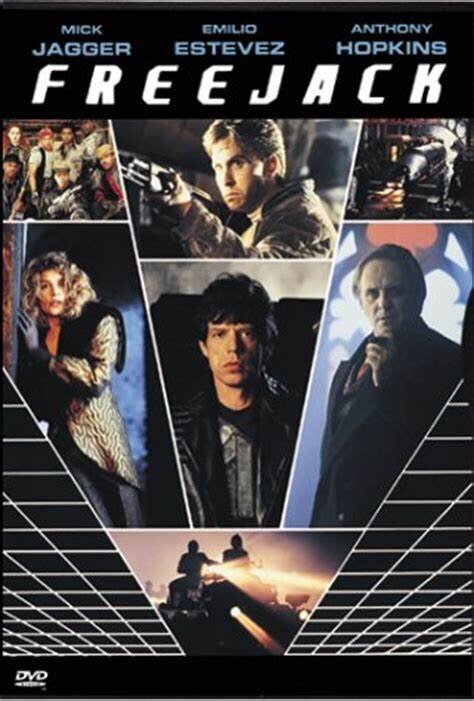
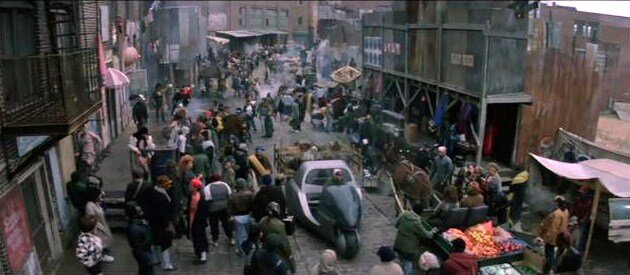
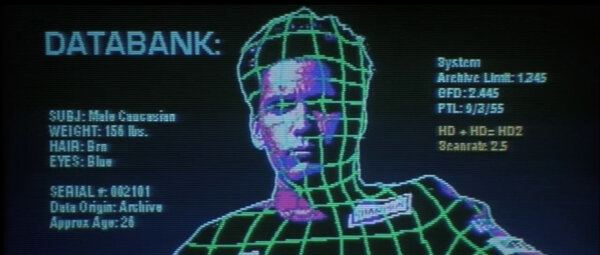
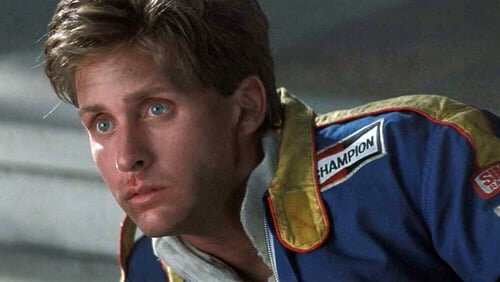
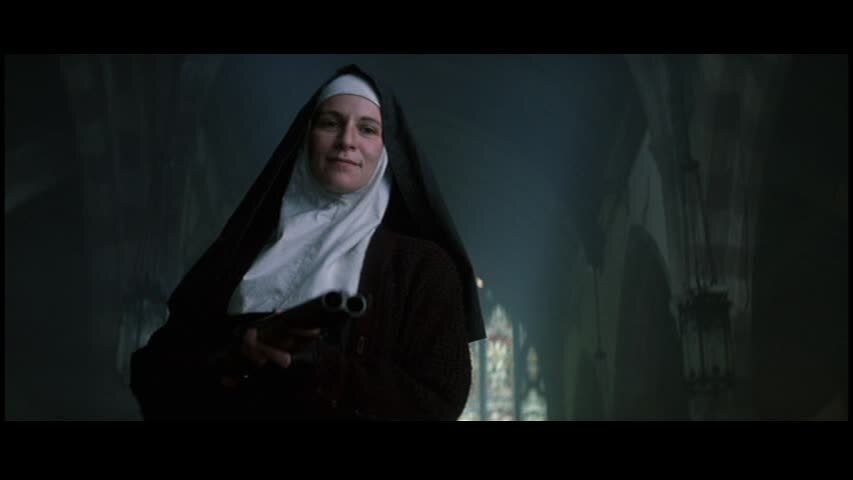
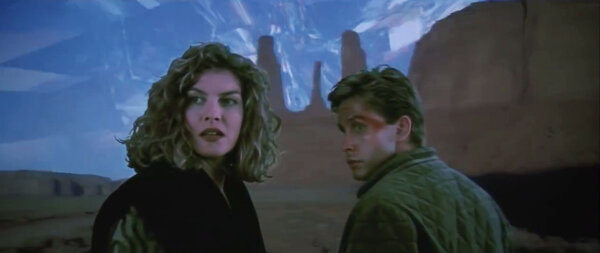

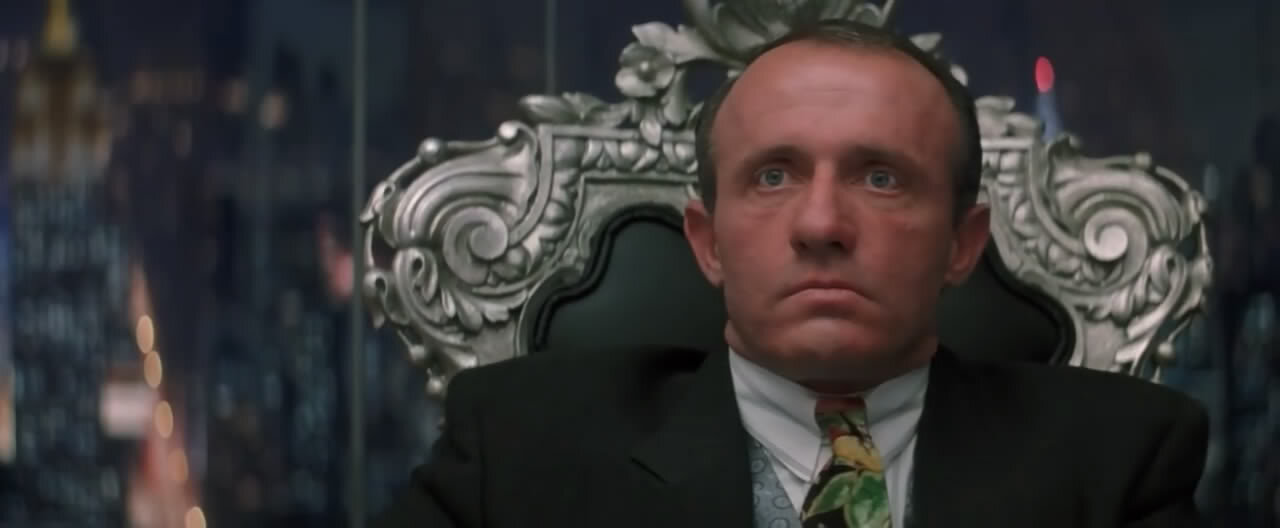

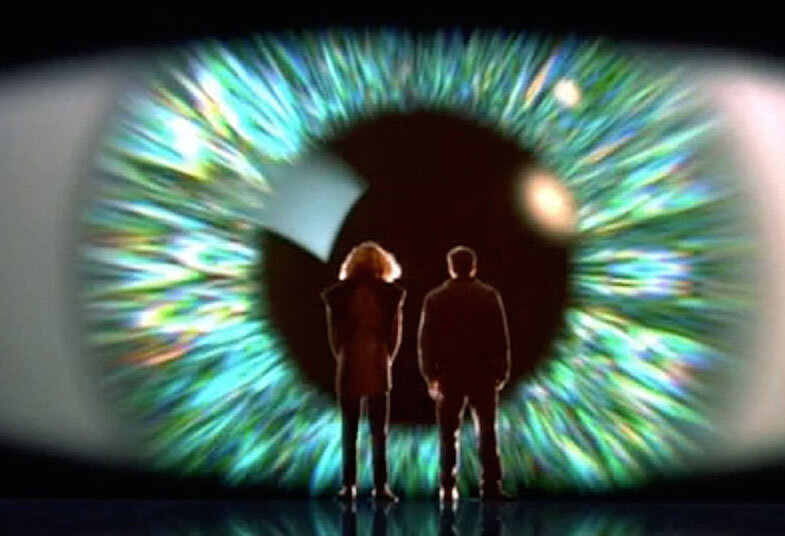
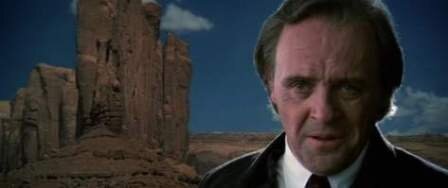
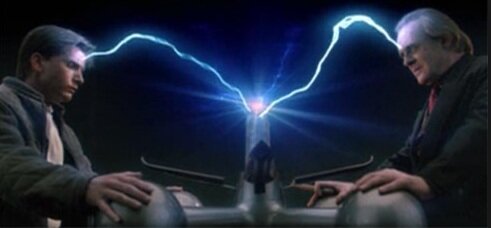
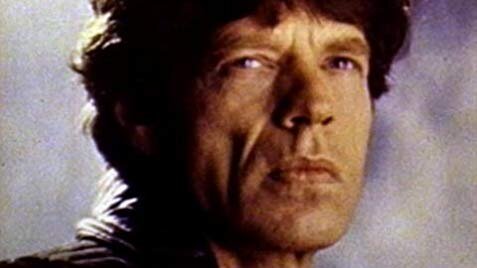
Bailey loves movies and hosts Austin based film podcast, Memory Static.